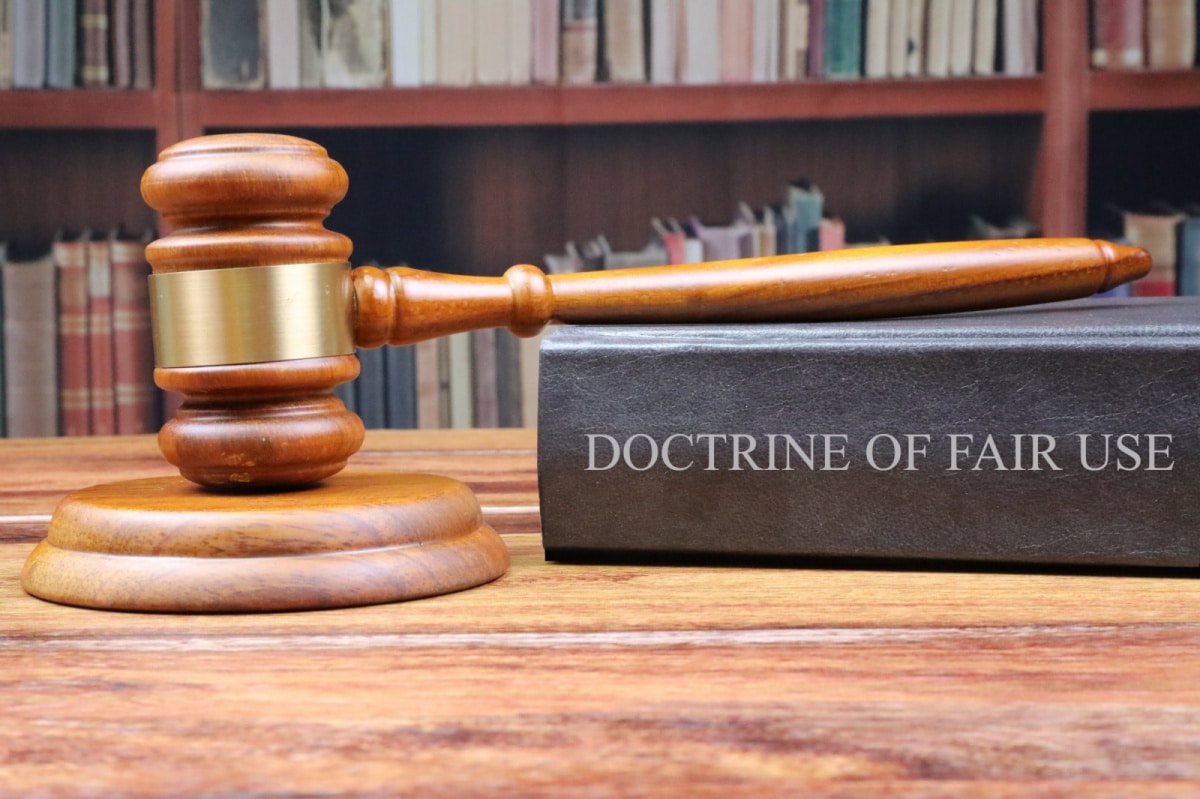
There is an important number of myths about fair use going around in the digital arena. The Internet can be a very fruitful place because it is an insurmountable source of information, yet it’s also a site where half-truths and utter lies abound. When it comes to using music legally, the best idea is to approach reliable materials that provide you with the necessary tools to understand this industry. For this reason, in this entry we’ll explain some of the myths that surround this topic and how to surpass them.
Fair Use 101
As we’ve already established in our entry on fair use, this is a legal exception to use another person’s music without permission. In regards to copyright, some experts acknowledge that sampling, and mashup are examples of fair use (as opposed to examples of copyright infringement). This said, the doctrine of “fair use” promotes freedom of expression: it allows artists make use of copyright-protected material, even if in an unlicensed fashion, under some circumstances.
Myths About Fair Use: the Circumstances
The circumstances we’re alluding to are four—and they’re all under the presumption that you’ve already been called to the court of law to defend the fair use of someone else’s property. Firstly, the people in charge will evaluate the purpose and character of the use. In other words, they’ll look into what is the nature of your use of the other person’s song. Among the elements to consider, they’ll check whether your creation was commercial, nonprofit, or for educational purposes.
Secondly, they’ll consider the nature of the copyrighted work. For example, experts will decide if the work was “creative” or “factual,” or whether it was published or not. Thirdly, there’s the issue of how much of the copyrighted material you used: what they call “the amount and substantiality of the portion” in relation to the work as a whole. Finally, they’ll consider the effect your usage of said material has in the market. In other words, they’ll analyze if your work, which includes the other person’s work, has the potential to gain something financially.
Even if we can sum up these four circumstances, don’t forget that fair use is very subjective and that the legal system defines it on a case-by-case basis. In short, every case depends on a fact-specific inquiry.
Myths About Fair Use: Case 1
The myth: if you sample seven seconds or less of a song you’re on the safe side of fair use. In contrast, the truth is that there’s no magic number to decide whether you’re doing an unlawful use of the other’s music or not. The reason lies with what we’d already mentioned: fair use depends on a case-by-case basis. Therefore, there is no formula (or magic number) to determine which percentage of another one’s song you can use without permission.
Case 2
The myth: using a disclaimer—such as “no copyright infringement intended”—will avoid copyright infringement. This statement is probably one of the most popular circulating on the Internet—but it’s false. Disclaiming your alleged intent won’t protect you against a demand because copyright infringement doesn’t require a proof of said intent.
Myths About Fair Use: Case 3
The myth: if I cite fair use, I won’t fall into legal trouble. Of course, as you’ve probably already guessed from what we’ve said so far, this is false. To avoid misunderstanding fair use, we recommend you look into the Fair Use Index, which is a repository of past cases. This might help you understand what’s been done in the past and whether you’ll move forward in using another person’s work. Remember: only a court can determine what “fair us” is in any given case.
Myths About Fair Use: Conclusion
If you’re thinking of producing a sample, a remix, a mashup, an interpolation, or cover songs, make sure you check out all our entries. The point of fair use is that copyright matters and, while you can have freedom in doing a derivative work, you should always be careful and respectful. And remember: myths about fair use abound on the Internet, so it’s better to stay on the safe side and consult reliable sources to avoid any legal problems.
